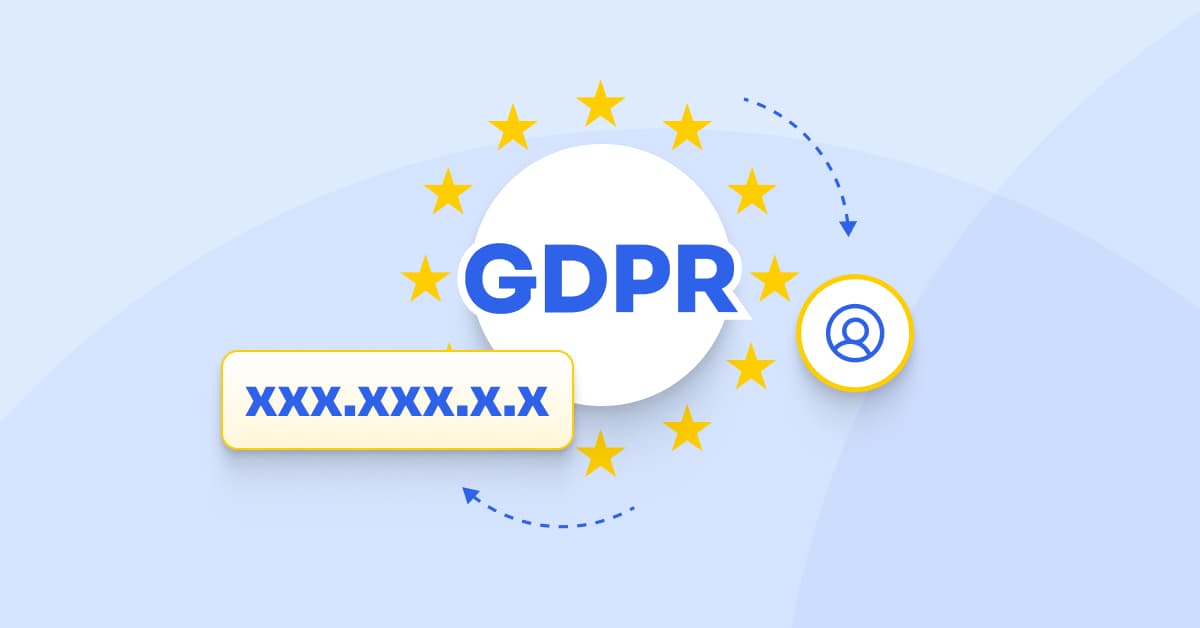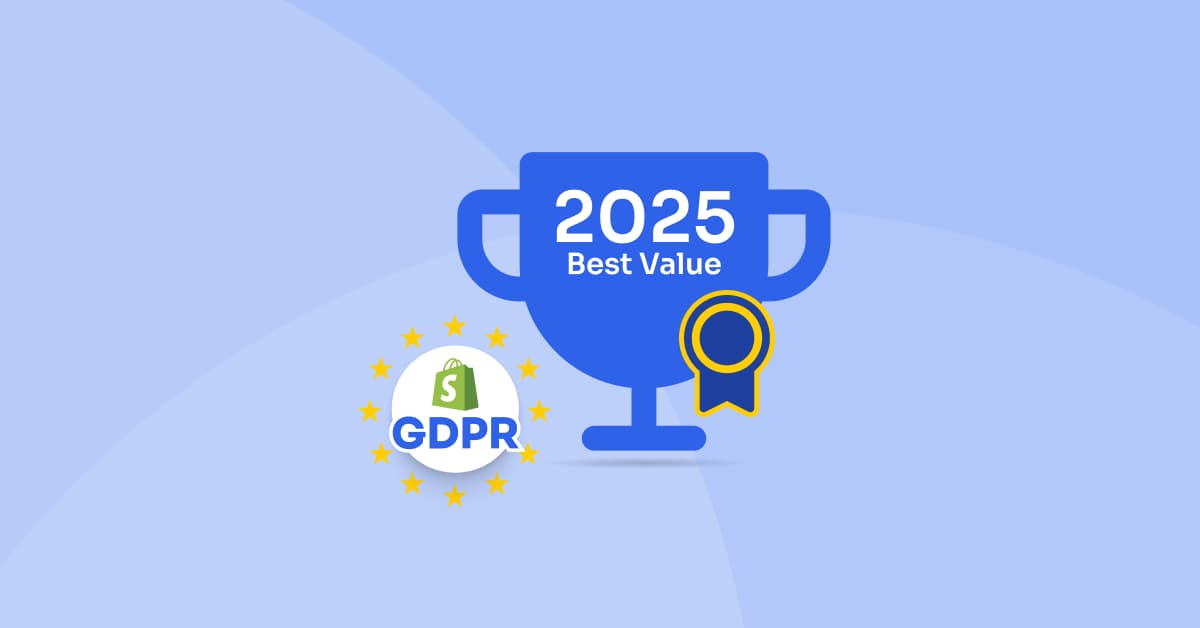Blog
Stay up to date with the latest news, tips, and other helpful information about Privacy & Compliance with GDPR and other data regulations around the world.
Categories
Privacy & Compliance
Digital Consent in 2025: The Ongoing Influence of the VPPA on Privacy
Introduction In 2025, digital consent has become a cornerstone of data privacy, particularly in the realm of video content. The Video Privacy Protection Act (VPPA), originally enacted in 1988, continues to exert significant influence over how companies handle consumer data related to video rentals and streaming services. The VPPA prohibits ...
Andromachi Psomiadi
July 11, 2025
Latest articles
Simplifying PDPA Compliance in the Philippines: A Practical Guide
Andromachi Psomiadi
July 8, 2025
Introduction In today’s digital landscape, the protection of personal data has become paramount. The Philippines, ...
An Overview of Argentina’s Personal Data Protection Law
Andromachi Psomiadi
July 3, 2025
Introduction Argentina’s Personal Data Protection Law (Ley No. 25.326), enacted on October 4, 2000, establishes ...
Does GDPR Classify an IP Address as Personal Data?
Andromachi Psomiadi
June 30, 2025
Introduction The General Data Protection Regulation (GDPR) is the cornerstone of data protection across the ...
EAA, ADA, WCAG Compliance: Key Differences for Shopify Accessibility
Andromachi Psomiadi
June 26, 2025
Introduction Web accessibility is the principle of building digital content, including websites, online stores, and ...
Shopify GDPR: Pandectes Recognized with the 2025 “Best Value” Award for Compliance Category And More
Ermis Efthimiou
June 19, 2025
Pandectes has been awarded the “Best Value” badge by Capterra in the GDPR Compliance Software ...
How Pandectes Was Rebuilt to Meet the Built for Shopify Standards
Pandectes Expert
June 18, 2025
In June 2025, Pandectes GDPR Compliance became officially BFS-certified by Shopify, marking the successful completion ...
Make your Shopify Store's use of cookies and online tracking compliant today









